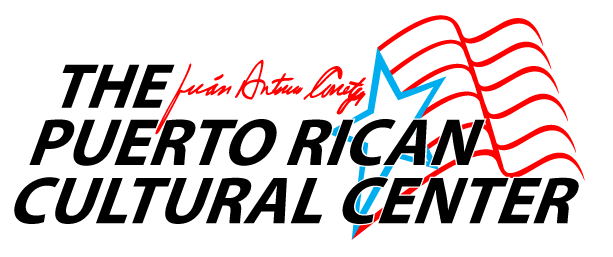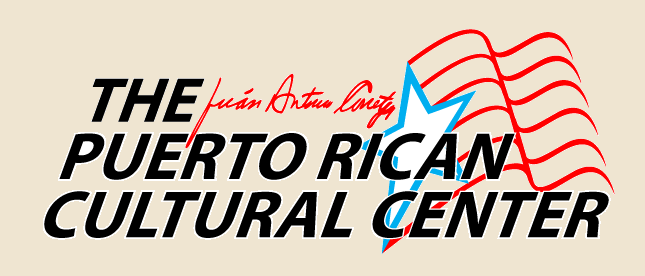What would Roberto Clemente do? What would he say about the practice of separating children from their parents at the United States border?
Clemente left us with profound words and actions that provide guidance and inspiration to the current generation of Latino ballplayers.
“Any time you have an opportunity to make a difference in this world and you don’t, then you are wasting your time on Earth,” Clemente reportedly told others.
His actions spoke even louder than his words.
Indeed, it was not just the way he died, but also how he lived that inspires so many and remains relevant to what is going on today.
THE SAFETY OF CHILDREN
Beyond the playing field, Clemente lived in service to others, using his voice and platform as a star athlete to raise awareness of the plight of Latinos and the less fortunate. He was unafraid to call out wrongs and policies that discriminated against, or adversely affected, Latinos in the United States or elsewhere in Latin America.
The welfare of children was a significant focus of his words and actions. Clemente visited children in hospitals in Pittsburgh and throughout the United States as he did in his native Puerto Rico.
On a panel on the legacy of Clemente I moderated at the Society of American Baseball Research held last week in Pittsburgh, Duane Rieder, executive director and curator of The Clemente Museum, shared stories of Clemente’s dedication to spending time with and bringing hope to children.
Among the daily practices of Clemente at the ballpark was sorting his mail into piles based on the National League towns from which they had arrived.
Asked why he did so, Clemente said he wanted to know which hospitals to visit when the Pirates traveled to the other National League towns, so he could visit the children who had written him.
Many of the children Clemente visited were quite ill, suffering from terminal diseases or other maladies. His visits brought them joy, a brief time to share with a baseball star. But this went both ways, as their courage in facing illness inspired Clemente. If they could exhibit such strength, resilience, and even happiness what can he and others do who are not suffering?
Last year an auction of Clemente items was held during MLB Fan Fest. The Dodge Charger he had won as the 1971 World Series MVP was among the items auctioned. The person who bought the car was Randy Dye, one of those children Clemente visited during one of his countless hospital visits. Dye faced a dire diagnosis but recovered. And he found his own way to give back, putting the restored car on tour to raise money for charity and other causes.
A second element to Clemente’s example was his Latino approach. Going to Nicaragua after the devastating earthquake was about trying to ensure relief supplies would get to those in need, the everyday people of Nicaragua.
Context matters here. There was more to this than working on behalf of people in need. Someone had to act on their behalf, in their interests.
Timing also matters. Clemente decided to head to Nicaragua at a time of year Puerto Ricans hold dear as family time—las navidades and despedir de año (Christmas and New Year). But people were in need; it was time to act.
THE POLITICS OF FAMILY
Today’s Latino players are all too familiar with being an immigrant and enduring family separation. When it is by choice, it is difficult enough to deal with being apart from one’s parents and family. But that is even more haunting when it is imposed or in response to violence or political unrest in one’s native land.
Political turmoil and a tanking economy have weighed heavily on Venezuelan players the past several years. It has had many of them scrambling to figure out how to keep their parents and family members safe during the baseball season.
For Miguel Cabrera, as he noted in a series of social media postings during last season’s All-Star break, concern for his parents’ safety meant paying protection money to keep away those threatening to do them harm.
Other Venezuelans have arranged for their parents to relocate to other Latin American countries to keep them out of harm’s way.
Importantly, most of these players are themselves immigrants in the U.S. on work visas for the duration of the baseball season. Some apply for permanent residency. Others decide to naturalize as U.S. citizens. As permanent residents and naturalized citizens they are often able to bring their spouse and children to reside in the United States, safe from the political unrest, lack of access to medicine, and impact of Venezuela’s hyper-inflation.
Whatever the case, the regular season typically means separation from family, their children and other loved ones. And when they are minor leaguers or even big leaguers, there is often a sense of powerlessness, of not being able to do enough for their siblings, their nieces and nephews, or grandparents who they cannot bring to the United States.
Cuban players have had their own family separation experiences, especially those like José Abreu, Yoenis Cespedes, and Yasiel Puig and the other “Cuban baseball defectors,” as baseball historian Peter Bjarkman labels them.
The choice to defect has typically involved harrowing escapes from the island. Baseball defections have meant leaving not only parents behind, sometimes wives and children as the player pursues his professional dreams.
After he defected in 2013, White Sox first baseman José Abreu went three years before seeing his son Dariel again. Leaving his toddler behind in Cuba had weighed heavily on Abreu. Knowing that there are children with special needs in the United States motivated him to launch Abreu’s Amigos in conjunction with Easter Seals. It is impossible not to see Clemente’s legacy at work in Abreu’s commitment to young people in need.
Cubans had a “preferred” status until the end of the U.S. policy of “Wet Foot/Dry Foot” in 2017. The decision to defect nonetheless involved a host of challenges, including separation from family and their own children, as in Abreu’s case.
YOUNG AND ALONE
This painful separation of young people from family has been ever present this month. But it’s a story many young players experience in their early days.
While Cuban players usually defect in their early-to-mid 20s, Dominicans typically first sign as teenagers as young as 16. Even before this, many Dominicans leave home as early as 10 years old to be trained by buscones before heading to a baseball academy as a teen.
Family separation is a difficult part of their preparation for a professional career in the United States. And that separation is felt even more once they enter the minor leagues as they personally deal with the isolation and cultural adjustment in a new land.
However, these young men have the ability to call home, to use social media, and reach loved ones.
That is not the case with the young children who had been separated from their parents at the U.S. border over the past several weeks. What makes their situations similar is the pain of being separated from their family members, away from their parents, and of being in a foreign land. What is different is their forced circumstances, of the lack of choice for those weighing one potential tragedy versus another.
The treatment of young Latino children in this manner, whose families are fleeing political violence and seeking asylum in the United States is familiar to many Latino players and others in baseball, whether from Cuba, Venezuela, and Dominican Republic.
Knowing the pain of Latino children being separated from their parents is what has driven many of those associated with baseball to consider taking action or speaking out.
Clemente stands as an enduring example to consider what those actions and what their words might be. It is time for all of us to speak up and to act on the behalf of fellow Latinos, and for our children.






